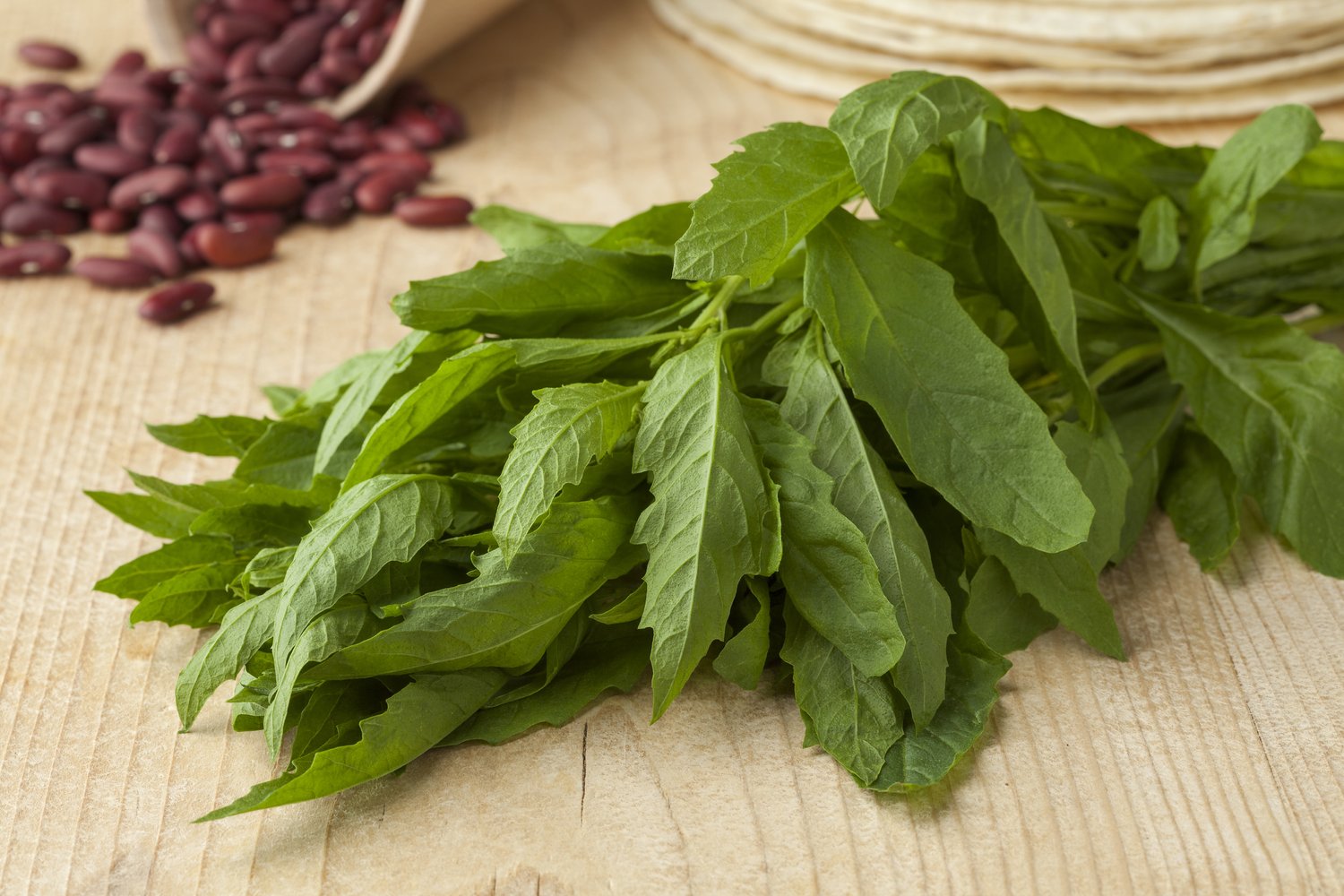
Epazote is a unique herb with a rich history and a distinct flavor. Originating from Central and South America, this plant has been used for centuries in traditional medicine and cooking. But what makes epazote so special? For starters, it’s known for its ability to reduce the gas-producing effects of beans, making it a staple in many Mexican dishes. Additionally, epazote contains essential oils and compounds that have been studied for their potential health benefits. Whether you're a culinary enthusiast or someone interested in natural remedies, learning about epazote can add a new dimension to your knowledge and kitchen repertoire.
Key Takeaways:
- Epazote, a versatile herb with a strong aroma, offers culinary and medicinal benefits. It can enhance the flavor of dishes, aid digestion, and even ward off pests in the garden.
- Native to the Americas, epazote has a rich history and cultural significance. It's used in traditional medicine, ceremonies, and as a natural insect repellent, but caution is advised due to its potential toxicity in large doses.
What is Epazote?
Epazote, a herb native to Central and South America, has been used for centuries in traditional medicine and cooking. Known for its strong, pungent aroma, this leafy green plant offers a unique flavor profile that can enhance many dishes. Let's dive into some fascinating facts about this intriguing herb.
-
Epazote's Scientific Name: The scientific name of epazote is Dysphania ambrosioides. It belongs to the Amaranthaceae family.
-
Historical Use: Ancient Aztecs and Mayans used epazote for medicinal purposes, particularly for treating intestinal parasites.
-
Distinct Aroma: Epazote has a strong, somewhat medicinal smell, often compared to a mix of oregano, anise, and mint.
-
Culinary Uses: In Mexican cuisine, epazote is commonly added to beans, soups, and quesadillas to enhance flavor and reduce gas.
-
Nutritional Value: Epazote is rich in vitamins A, B6, C, and K, as well as minerals like calcium, iron, and magnesium.
Health Benefits of Epazote
Epazote isn't just a culinary delight; it also offers several health benefits. Here are some key points about its medicinal properties.
-
Antiparasitic Properties: Epazote has been traditionally used to expel intestinal worms and parasites due to its anthelmintic properties.
-
Digestive Aid: The herb can help alleviate digestive issues, including bloating and indigestion.
-
Anti-inflammatory Effects: Epazote contains compounds that may reduce inflammation and provide relief from pain.
-
Antioxidant Rich: The plant is packed with antioxidants, which help combat oxidative stress and protect cells from damage.
-
Respiratory Health: Epazote has been used to treat respiratory conditions like asthma and bronchitis.
Growing Epazote
Interested in growing your own epazote? Here are some facts about cultivating this versatile herb.
-
Climate Requirements: Epazote thrives in warm, sunny climates and can tolerate poor soil conditions.
-
Propagation: The herb can be grown from seeds or cuttings. It's a hardy plant that requires minimal care.
-
Pest Resistance: Epazote is naturally resistant to many pests and diseases, making it an easy addition to any garden.
-
Harvesting: Leaves can be harvested once the plant reaches about 12 inches in height. Fresh leaves offer the best flavor.
-
Companion Planting: Epazote can be planted alongside beans and other vegetables to help deter pests.
Fun Facts About Epazote
Beyond its culinary and medicinal uses, epazote has some interesting trivia associated with it.
-
Name Origin: The name "epazote" comes from the Nahuatl word "epazotl," which means "skunk sweat" due to its strong odor.
-
Cultural Significance: In Mexican folklore, epazote is believed to ward off evil spirits.
-
Versatile Uses: Besides cooking, epazote is used in traditional ceremonies and as a natural insect repellent.
-
Toxicity Warning: While beneficial in small amounts, large doses of epazote can be toxic due to the presence of ascaridole, a potent compound.
-
Global Spread: Though native to the Americas, epazote has spread to various parts of the world, including Europe and Asia, where it is used in different culinary traditions.
Epazote's Unique Charm
Epazote isn't just another herb. Its distinct flavor and medicinal properties make it a standout in the culinary and health worlds. Whether you're adding it to traditional Mexican dishes or using it for its digestive benefits, epazote offers something special. It’s been a staple in kitchens for centuries, and for good reason. From its ability to reduce gas in beans to its potential antiparasitic properties, this herb packs a punch. Plus, it’s easy to grow in your garden, making it accessible for everyone. Next time you're cooking, consider giving epazote a try. You might just find it becomes a new favorite. Remember, a little goes a long way with this potent herb. Enjoy experimenting and discovering all the ways epazote can enhance your dishes and well-being.
Frequently Asked Questions
Was this page helpful?
Our commitment to delivering trustworthy and engaging content is at the heart of what we do. Each fact on our site is contributed by real users like you, bringing a wealth of diverse insights and information. To ensure the highest standards of accuracy and reliability, our dedicated editors meticulously review each submission. This process guarantees that the facts we share are not only fascinating but also credible. Trust in our commitment to quality and authenticity as you explore and learn with us.


